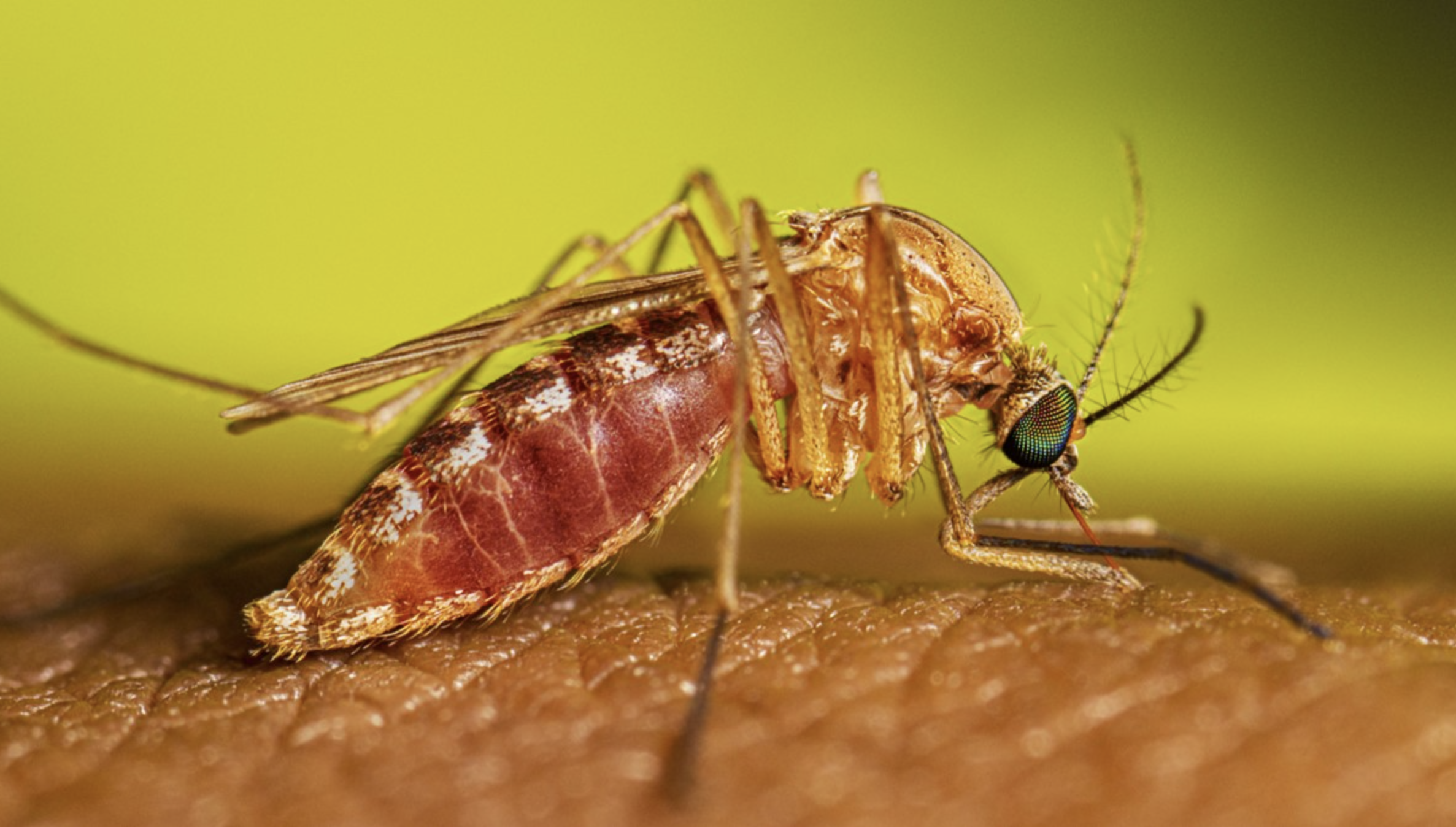
A groundbreaking study backed by the Kenya Medical Research Institute (KEMRI) has revealed that ivermectin, when administered through mass drug administration (MDA), can reduce malaria infections by 26 per cent.
Ivermectin is an anti-parasite drug used to treat parasitic diseases, including parasitic worms, hookworm, whipworm, and external parasites.
The findings, recently published in the New England Journal of Medicine, position ivermectin as a promising complement to existing malaria control strategies, particularly in endemic regions like Kenya.
The Broad One Health Endectocide-based Malaria Intervention in Africa (BOHEMIA) trial, coordinated by the Barcelona Institute for Global Health (ISGlobal) and funded by Unitaid, is the largest study of its kind.
It was conducted in Kwale County, Kenya, and Mopeia District, Mozambique.
“We are pleased to have participated in this landmark study that complements malaria control and prevention strategies in endemic regions like Kenya," Kemri acting Director General Prof Elijah Songok said.
"We are very excited that ivermectin, which has been effective against several parasitic infections, now shows great potential in the fight against malaria and other neglected tropical diseases,” Songok noted.
In Kenya, over 20,000 participants received ivermectin in doses of 400 mcg/kg for three consecutive months at the start of the rainy season.
The study recorded more than 56,000 treatments and showed a statistically significant drop in malaria infections, especially among children in areas with high coverage.
“This initiative aligns with the World Health Organization’s (WHO) criteria for new vector control tools,” Mwangangi said.
Marta Maia, BOHEMIA’s lead entomologist from the University of Oxford said the findings suggest that ivermectin MDA could be a valuable complementary strategy for malaria control, particularly in areas where mosquito resistance to insecticides is a growing concern.
The study also showed ivermectin to be safe, with only mild, short-term side effects and no serious adverse events.
It also led to additional public health benefits, including reductions in skin infestations and bed bugs.
“This research has the potential to shape the future of malaria prevention, particularly in endemic areas where existing tools are failing,” Regina Rabinovich said.
Rabinovich is the Principal Investigator of BOHEMIA and Director of ISGlobal’s Malaria Elimination Initiative.
“Ivermectin offers a novel, safe, and scalable approach to strengthen our malaria control arsenal,” Rabinovich said.













